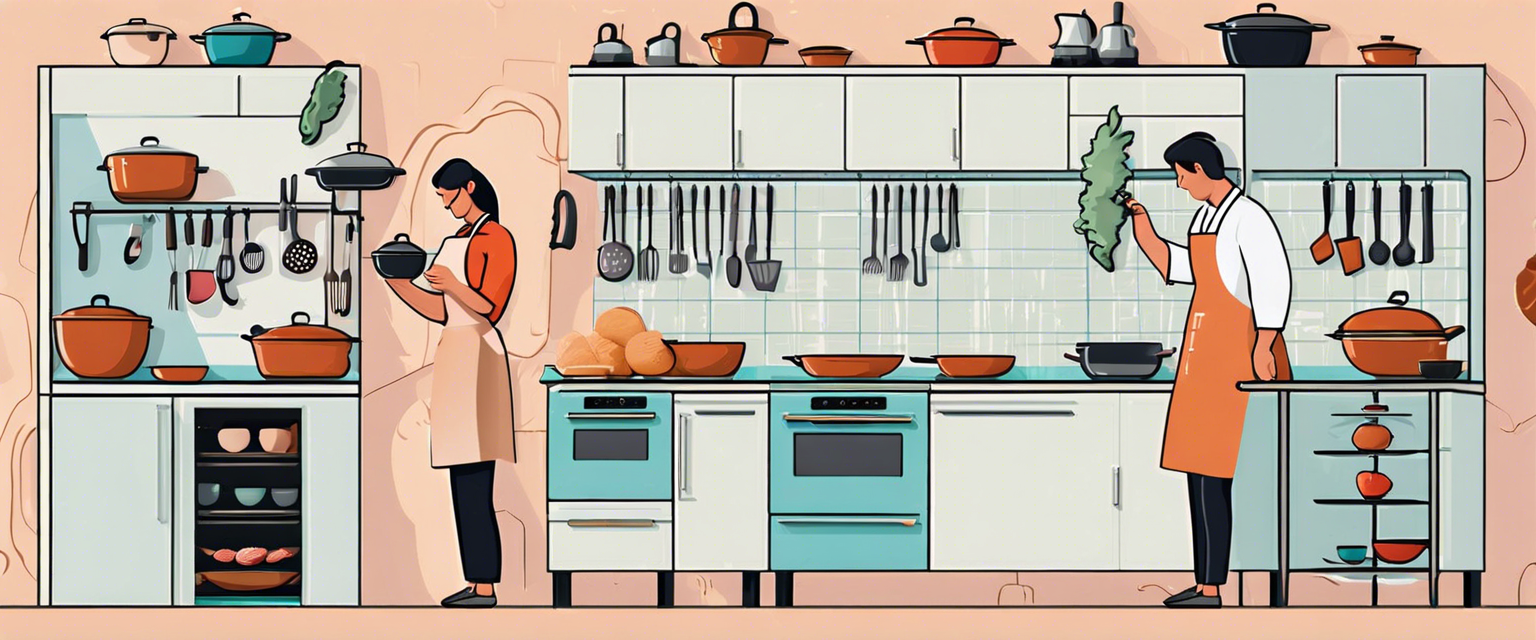What is Stable Diffusion?
Stable Diffusion is a groundbreaking deep learning, text-to-image diffusion model that was released in 2022. This innovative tool has revolutionized the way we generate images based on text descriptions. While its primary function is to create visually striking images from textual prompts, it boasts a variety of other applications including inpainting, outpainting, and image-to-image translation all guided by specific text prompts.
How to Use Stable Diffusion Web UI Locally
If you want to test the model in your local environment, you can utilize the Stable Diffusion Web Interface developed by user AUTOMATIC1111 on GitHub. This interface allows you to validate your ideas efficiently and is built on Gradio, a popular Python library designed for creating UI components.
Features of the Stable Diffusion Web Interface
- Original txt2img and img2img modes: Easily convert text prompts to images and vice versa.
- One-click install and run script: Simplifies the process, although prior installation of Python and Git is required.
- Outpainting: Expand images beyond their original borders.
- Inpainting: Repair or modify specific areas within an image.
- Color Sketch: Generates color sketches based on prompts.
- Prompt Matrix: Manage multiple prompts efficiently.
- Stable Diffusion Upscale: Enhance image quality with advanced techniques.
- Attention: Guide the model's focus on specific text elements for better results.
-
Extras tab with various tools:
- GFPGAN: A neural network designed to fix face images.
- CodeFormer: A face restoration tool that serves as an alternative to GFPGAN.
- RealESRGAN: A neural network upscaler for image enhancement.
- ESRGAN: Another upscaling neural network that supports third-party models.
- SwinIR and Swin2SR: Advanced neural network upscalers, further details can be found here.
- LDSR: Latent diffusion super-resolution upscaling technology.
- Resizing aspect ratio options: Easily adjust dimensions to fit your needs.
- Random artist button: Generate images in various artistic styles randomly.
- Styles: Save segments of prompts for quick application through dropdown selections.
- Variations: Produce slightly different versions of the same image.
- And much more...
How to Use the Web Interface
Here are step-by-step instructions to set up Stable Diffusion Web UI on your local machine:
Windows
- Install Python 3.10.6, ensuring you check "Add Python to PATH" during the setup.
- Install git.
- Clone the stable-diffusion-webui repository by running
git clone https://github.com/AUTOMATIC1111/stable-diffusion-webui.git. - Place model.ckpt in the models directory (refer to dependencies for details on where to find it).
- (Optional) Place GFPGANv1.4.pth in the base directory, adjacent to webui.py (details in dependencies).
- Run webui-user.bat from Windows Explorer as a normal, non-administrator user.
Linux
- Install the necessary dependencies by entering the following:
sudo apt install python3 python3-pip git - To clone the web UI to your home directory, run:
git clone https://github.com/AUTOMATIC1111/stable-diffusion-webui.git
Apple Silicon
Specific instructions for Apple Silicon can be found here.
Tips for Effective Stable Diffusion Prompts
To make the most out of your prompts in Stable Diffusion, refer to our detailed Stable Diffusion prompt guide.
Moreover, if you're interested in developing your own Stable Diffusion-based tool, consider joining our Stable Diffusion AI Hackathon for collaboration and innovation!



Lasă un comentariu
Toate comentariile sunt moderate înainte de a fi publicate.
Acest site este protejat de hCaptcha și hCaptcha. Se aplică Politica de confidențialitate și Condițiile de furnizare a serviciului.